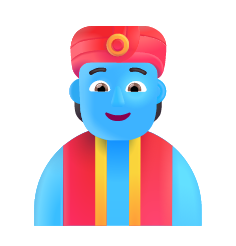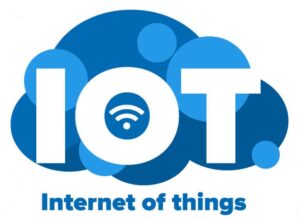Nearly three years ago I wrote an article on this blog arguing that AI is slowing down. Where do we stand with this considering the latest advancements?


Nearly three years ago I wrote an article on this blog arguing that AI is slowing down. Where do we stand with this considering the latest advancements?

I present here Google’s AI model that generates video games from a single input image (whether hand-drawn, generated or a photo)

Last month Google presented their response to ChatGPT called Gemini. Unfortunately, their video presentation was faked. This is why AI is still over-hyped.

In this post I provide example prompts to which ChatGPT responds incorrectly illustrating that it has no understanding of what it is doing.

Here are some real-world examples of governments around the world leveraging the capabilities of IoT technologies to improve the services they provide.

Last month Google’s AI research group published an academic paper in which they set out to define artificial general intelligence. I summarise this paper and provide my own commentary.

Are we in an AI bubble? With the spending that’s going on and with the way AI products are being sold to us, yes, I believe we are. Hence, AI needs to be unmasked for what it is and what it can and can’t do.

A lot of people have been asking whether in this age of advanced AI it is still worth learning to code. I look back at a seminal essay written in the 80s to answer this question.

An academic study has found that ChatGPT is left-leaning in terms of its political standpoints, despite its official stance of neutrality. I discuss here the implications of these findings.

AI is over-hyped. And the media are fuelling this hype with trashy, inaccurate reporting. It’s all fun and games until somebody gets hurt.